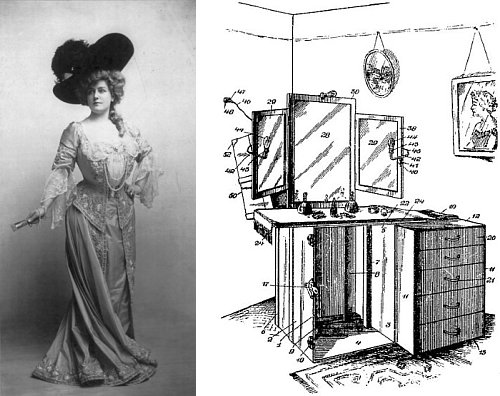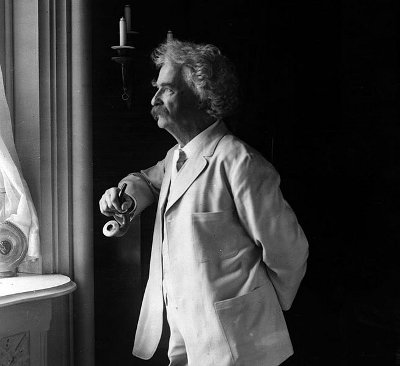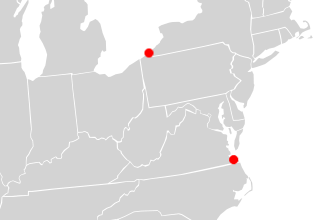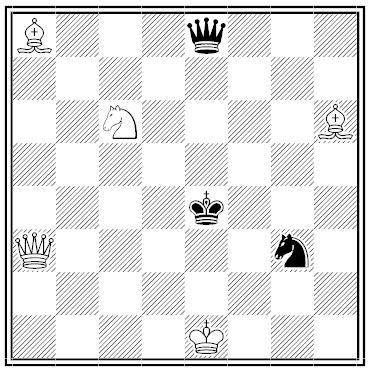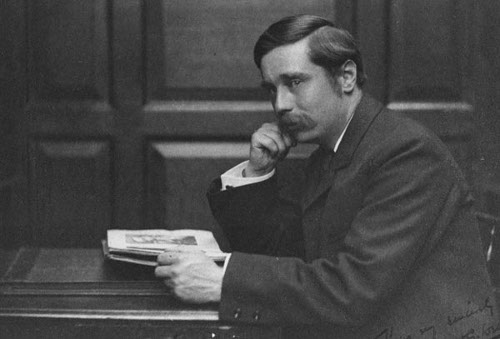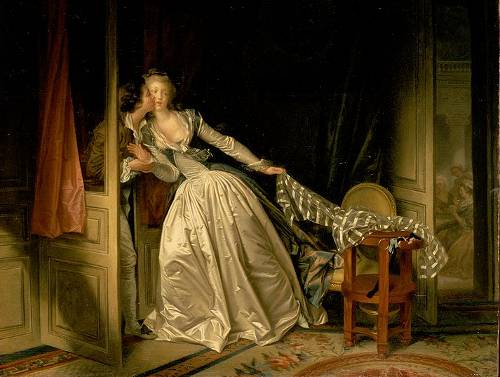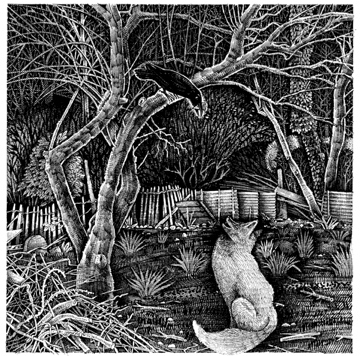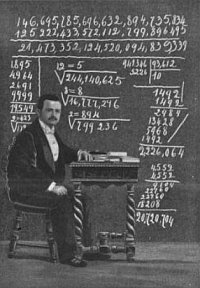
Born in 1867 to a poor family in the Italian Piedmont, Jacques Inaudi began life as a shepherd but soon discovered a prodigious talent for calculation, and soon he was giving exhibitions in large cities.
Camille Flammarion wrote, “He was asked, for example, how many minutes have elapsed since the birth of Jesus Christ, or what the population would be if the dead from the past ten centuries were resurrected, or the square root of a number of twelve digits, and he gave the response accurately and in two or three minutes — while amusing himself with another activity.”
“The subtraction of numbers consisting of twenty-four figures is an easy matter for him,” reported Scientific American. “Problems for which logarithm tables are generally used he solves mentally with wonderful precision.”
Unlike other prodigies, Inaudi did not visualize his work. “I hear the figures,” he told Alfred Binet, “and it is my ear which retains them; I hear them resounding after I have repeated them, and this interior sensation remains for a long time.”
Inaudi’s father had approached Flammarion hoping that his son could be educated toward a career in astronomy. “It had been an error, whichever way one looked at it,” Flammarion wrote 10 years later. “In science, one cannot make use of his methods, of his adapted formulae, which are tailored to mental calculation.” It was just as well: “Regarding his financial position, he now has, as a result of the curiosity his ability has aroused, a salary, which is over three times that of the Director of the Paris Observatory.”
